In the context of globalization and the 4.0 industrial revolution, the positioning of Vietnam's basic research and basic science is still in a "lowland" on the world's scientific map.
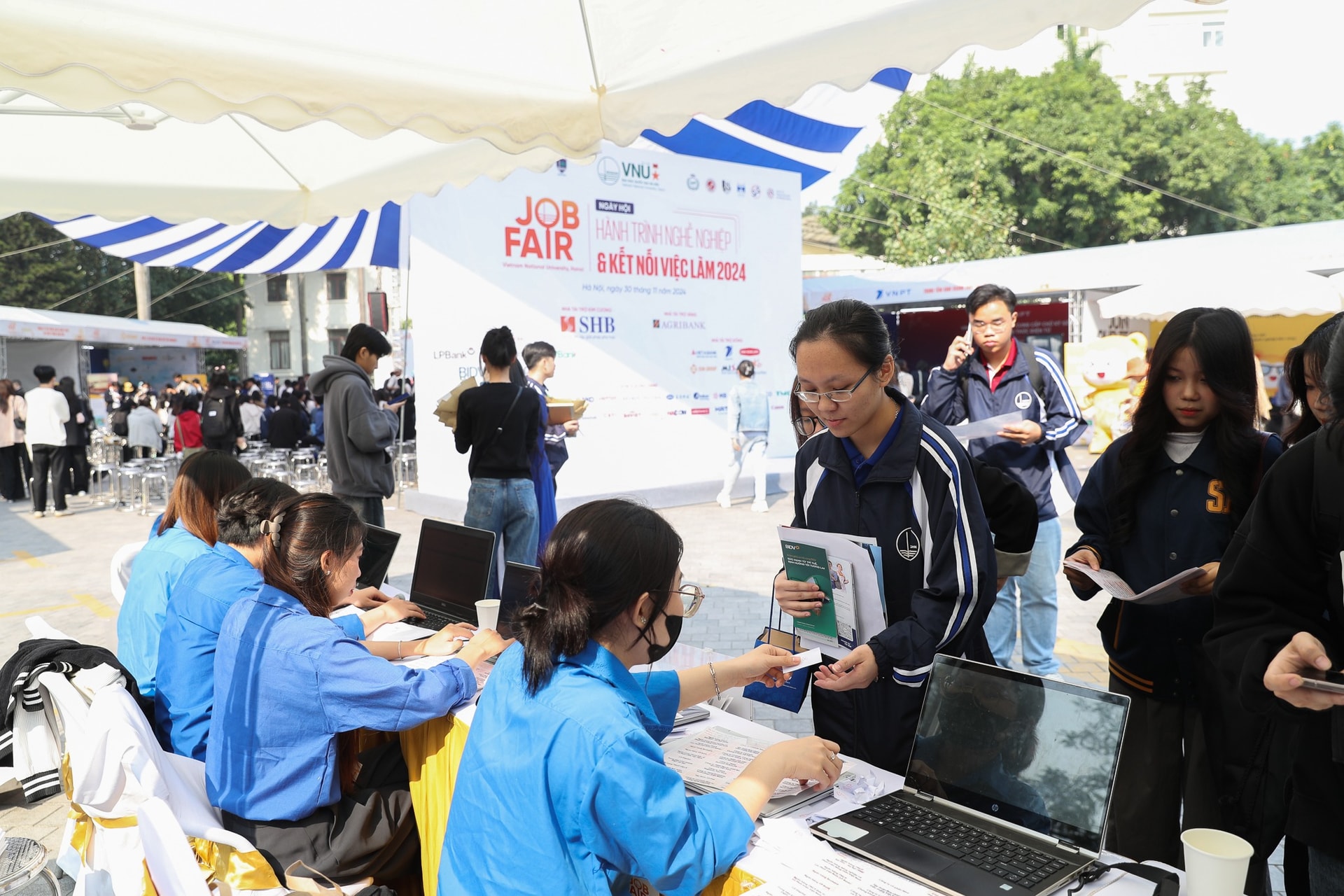
At the National Scientific Conference with the theme "Basic Science with National Responsibility" recently organized by the University of Social Sciences and Humanities (VNU Hanoi), one of the issues that many delegates were interested in discussing was basic science in the digital age, the era of national development, how basic science research and basic science training need to change to adapt.
Deputy Minister of Labor, War Invalids and Social Affairs Nguyen Van Hoi acknowledged that the fourth industrial revolution is taking place with the emergence of AI and big data, which is predicted to change production methods and social relations. Basic science also plays a big role in solving current hot issues such as improving labor productivity, aging population, mental health issues of people and workers.
Mr. Hoi believes that a very necessary issue in the current competitive globalized market, “flat world” for universities training basic sciences is to train a high-quality workforce - bachelors, masters, and doctors with quality comparable to ASEAN countries such as Singapore, Malaysia, and then developed countries such as Australia, Japan, and the US. Students trained in the country must first have a quality level equal to that of countries in the region. In addition, attracting foreign students and attracting human resources from other countries to study and work in Vietnam.
Prof. Dr. Pham Hong Tung - former Director of the Institute of Vietnamese Studies and Development Sciences, acknowledged that currently, basic science and applied science are tending to be very closely and highly integrated. However, basic research and applied research can never be integrated and should never be integrated. The reason is that basic research is to research on theory, methods, and new information; while applied research is to apply and utilize the output of basic research into socio-economic development and into life.
It has been noted in recent admission seasons that while “hot” majors attract candidates, basic science majors have a rather low annual enrollment rate. One of the reasons is that there are no good and effective promotion channels for basic science majors. Students in particular and society in general are influenced by mass media. When encountering majors that appear frequently in the media, many people think that these are majors with easy job opportunities after graduation, high income, without understanding the actual working environment and the level of competition.
In addition, preferential policies on scholarships and support for students majoring in basic sciences from the schools themselves and the State are no longer or are not attractive enough for learners compared to other professions. This has been proven in practice when this school year, the rate of registration for teacher training majors increased by 85% compared to 2023. A series of changes have made teacher training majors attractive again after nearly 20 years of little interest from candidates, and the fluctuating benchmark scores have made many people worry about the quality of admissions to this major group, which will affect the quality of future teachers.
Similarly, if the basic science sector is promoted and promoted with systematic and methodical investment policies and improved training programs that are suitable to society and market requirements, enrollment will improve. Currently, the Ministry of Education and Training has a Project on training high-quality human resources to serve high-tech development submitted to the Prime Minister. The Project proposes specific solutions to support the training of human resources in basic science sectors.
Source: https://daidoanket.vn/dinh-vi-nghien-cuu-khoa-hoc-co-ban-thoi-4-0-10296801.html


![[Photo] President Luong Cuong holds talks with Sultan of Brunei Darussalam Haji Hassanal Bolkiah](/_next/image?url=https%3A%2F%2Fvphoto.vietnam.vn%2Fthumb%2F1200x675%2Fvietnam%2Fresource%2FIMAGE%2F2025%2F12%2F01%2F1764574719668_image.jpeg&w=3840&q=75)




![[Photo] Prime Minister Pham Minh Chinh receives President of Cuba's Latin American News Agency](/_next/image?url=https%3A%2F%2Fvphoto.vietnam.vn%2Fthumb%2F1200x675%2Fvietnam%2Fresource%2FIMAGE%2F2025%2F12%2F01%2F1764569497815_dsc-2890-jpg.webp&w=3840&q=75)


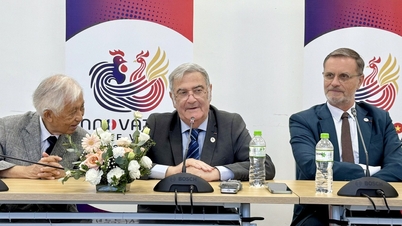

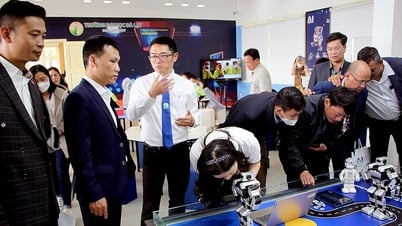
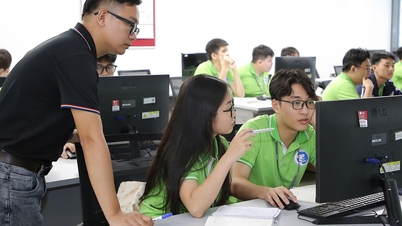
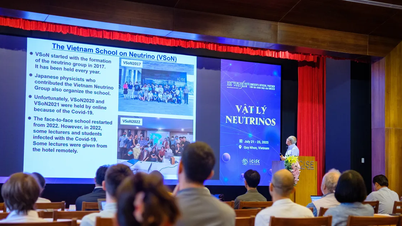

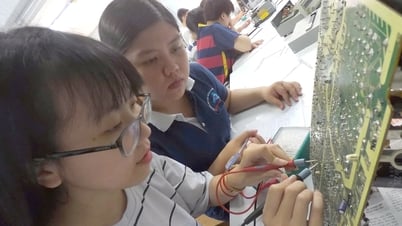
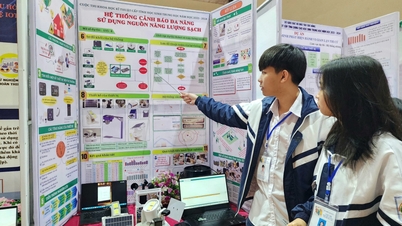
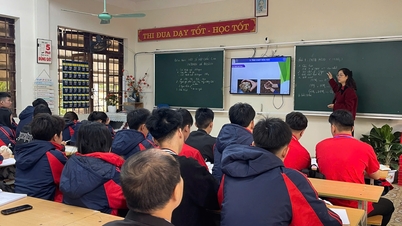
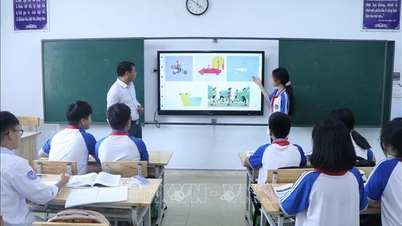

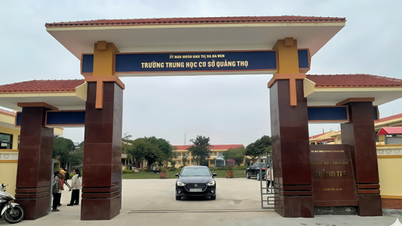


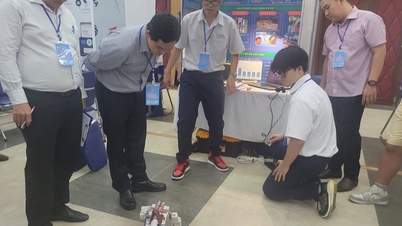






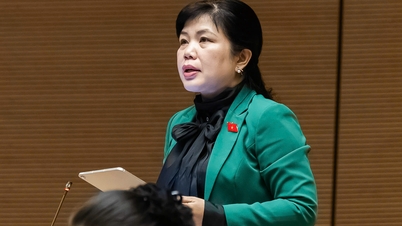


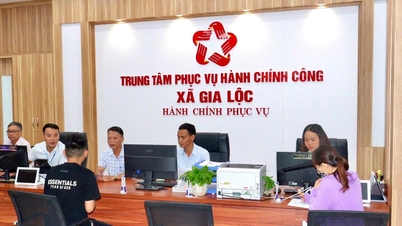








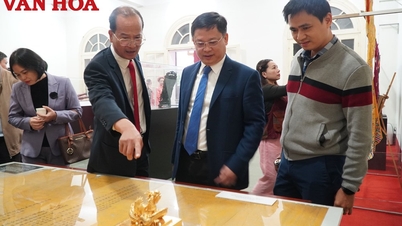






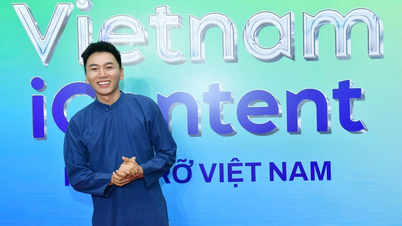








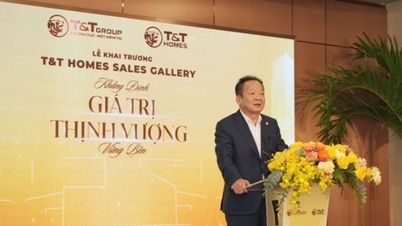





















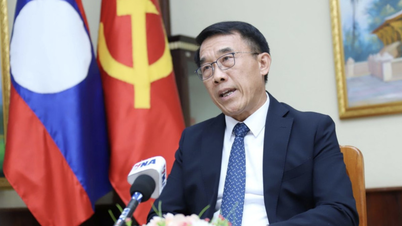


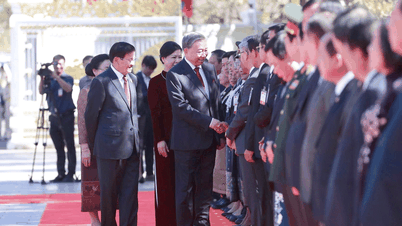

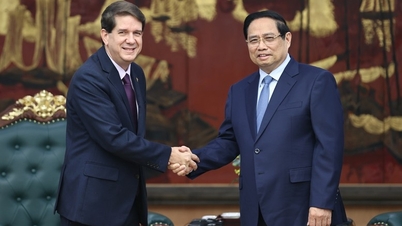

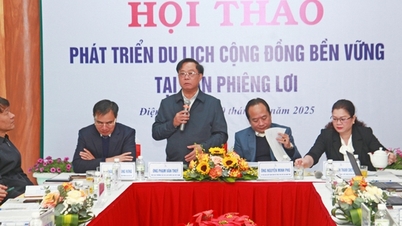
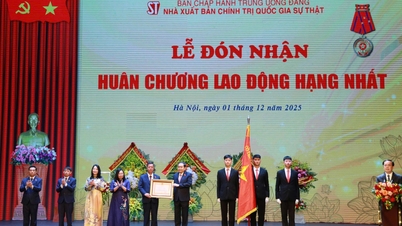




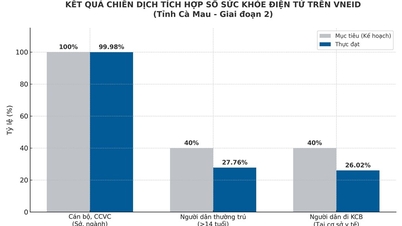

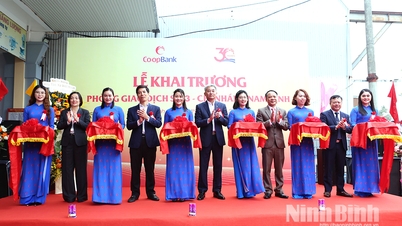

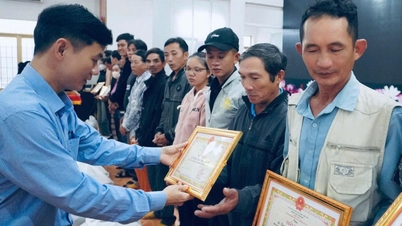
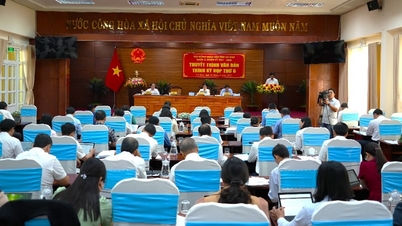












Comment (0)